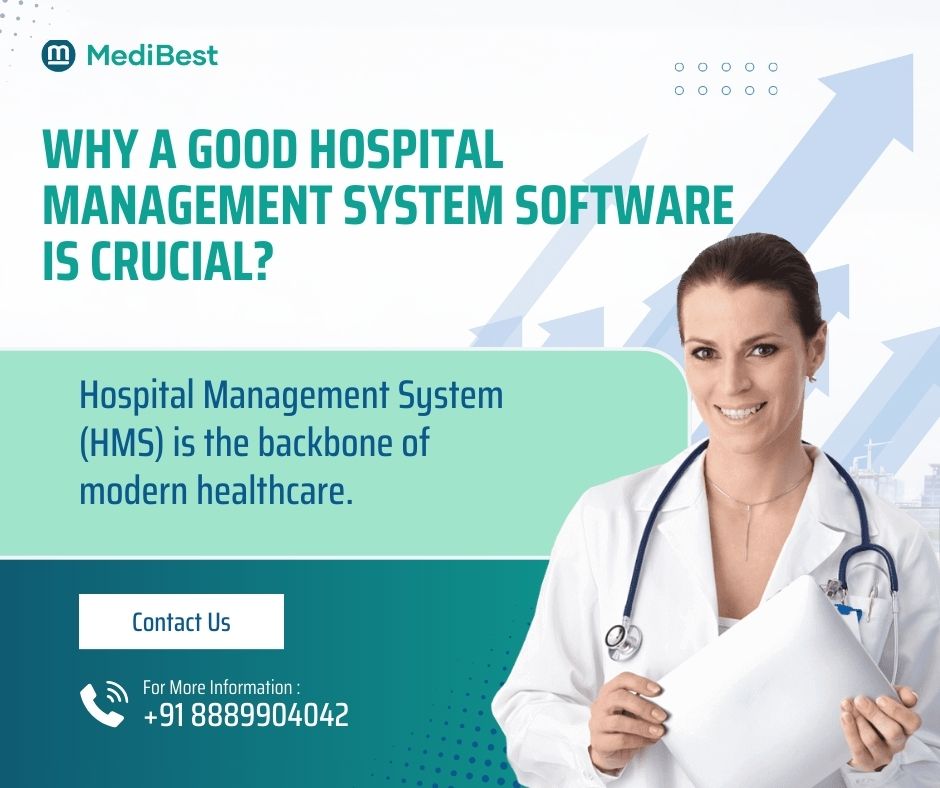Artificial Intelligence (AI) has emerged as a groundbreaking technology in the healthcare industry, revolutionizing the way medical professionals diagnose illnesses, treat patients, and manage healthcare systems. This article explores the profound impact of AI in healthcare, focusing on its transformative role in diagnosis and treatment processes.
Understanding AI in Healthcare
Artificial Intelligence refers to the simulation of human intelligence in machines programmed to think like humans and mimic their actions. In healthcare, AI utilizes complex algorithms and data analytics to analyze vast amounts of medical data quickly and accurately. This capability has opened up new possibilities for improving patient outcomes and operational efficiencies within healthcare facilities.
AI Applications in Diagnosis
- Medical Imaging Analysis: AI-powered algorithms can analyze medical images such as X-rays, CT scans, and MRIs with remarkable accuracy. By detecting anomalies and patterns that might be missed by human eyes, AI helps radiologists make faster and more precise diagnoses.
- Diagnostic Decision Support: AI systems can assist healthcare providers in making diagnostic decisions by analyzing patient data, symptoms, medical history, and research literature. These systems can suggest potential diagnoses or treatment plans based on evidence-based guidelines and patient-specific data.
- Pathology and Laboratory Medicine: AI algorithms are increasingly being used in pathology to analyze tissue samples and detect cancerous cells or abnormalities. This automated analysis speeds up the diagnostic process and improves diagnostic accuracy.
- Genomics and Personalized Medicine: AI plays a crucial role in analyzing genetic data to predict susceptibility to certain diseases and tailor treatments based on individual genetic profiles. This personalized approach to medicine holds promise for more effective treatments and better patient outcomes.
AI Applications in Treatment
- Precision Medicine: AI enables personalized treatment plans by analyzing patient data to identify optimal therapies based on genetic, environmental, and lifestyle factors. This approach enhances treatment effectiveness and minimizes adverse effects.
- Robot-Assisted Surgery: AI-powered surgical robots assist surgeons during operations by providing enhanced precision, dexterity, and control. These robots can perform complex procedures with greater accuracy, reducing recovery times and surgical risks for patients.
- Drug Discovery and Development: AI accelerates the drug discovery process by analyzing vast datasets to identify potential drug candidates and predict their efficacy and safety profiles. This computational approach to drug development speeds up innovation and enhances therapeutic outcomes.
AI in Healthcare Management Systems
- Enhanced Efficiency: AI-powered healthcare management systems streamline administrative tasks such as scheduling appointments, managing electronic health records (EHRs), and billing. This automation reduces administrative burdens on healthcare staff, allowing them to focus more on patient care.
- Predictive Analytics: AI analyzes patient data to predict disease outbreaks, optimize resource allocation, and improve operational efficiencies within healthcare facilities. Predictive analytics help healthcare providers anticipate patient needs and deliver proactive care.
- Remote Patient Monitoring: AI-enabled devices and wearable sensors monitor patients’ health remotely by collecting real-time data on vital signs and symptoms. This continuous monitoring allows healthcare providers to intervene promptly and prevent complications.
Benefits of AI in Healthcare
- Improved Diagnostic Accuracy: AI reduces diagnostic errors and enhances accuracy by analyzing data objectively and identifying subtle patterns or anomalies.
- Efficient Healthcare Delivery: AI automates routine tasks, reduces wait times, and optimizes resource utilization, leading to more efficient healthcare delivery.
- Personalized Treatment: AI tailors treatment plans based on individual patient data, improving treatment outcomes and patient satisfaction.
- Cost Savings: AI-driven efficiencies and preventive care strategies help reduce healthcare costs associated with unnecessary procedures and hospitalizations.
FAQs about AI in Healthcare Management Systems (MediBest, Indore)
- How can healthcare management software improve operational efficiency?
Healthcare management software integrates AI to automate administrative tasks, streamline workflows, and enhance overall operational efficiency. - Does AI-powered offer predictive analytics for healthcare facilities?
Yes, AI-powered predictive incorporates analytics to help healthcare facilities anticipate patient needs, optimize resource allocation, and improve decision-making processes.
- Can AI in healthcare management system enhance patient outcomes?
AI in healthcare system contributes to improved patient outcomes by enabling personalized treatment plans, enhancing diagnostic accuracy, and facilitating remote patient monitoring. - How does AI in system ensure data security and privacy compliance?
Data security and privacy compliance by implementing robust encryption protocols and adhering to regulatory standards to safeguard patient information. - What kind of support does your company provide for integrating AI into existing healthcare systems?
Company offer comprehensive support for integrating AI into existing healthcare systems. Our services include training, implementation assistance, and ongoing technical support to ensure a smooth and effective integration process.
Conclusion: Partner with MediBest, Indore for AI-Driven Healthcare Solutions
Artificial Intelligence is revolutionizing healthcare by transforming diagnosis, treatment, and management processes. MediBest, Indore, leverages advanced AI technologies to enhance diagnostic accuracy, personalize treatment plans, and optimize healthcare delivery. Contact us today to explore how our AI-powered healthcare management solutions can elevate your organization’s efficiency, improve patient outcomes, and lead to better healthcare experiences.


